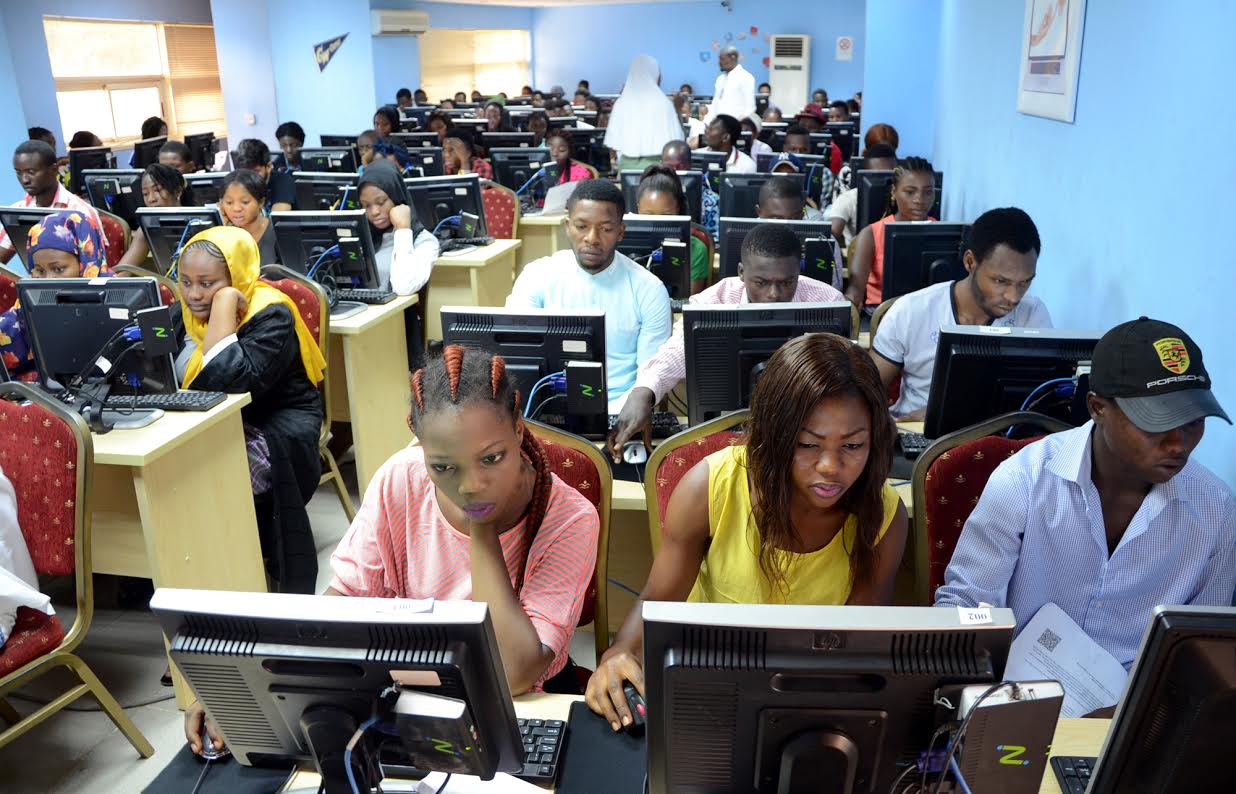Benue news
Latest Benue News today, Wednesday, November 9, 2022

1. Benue State Governor, Samuel Ortom has presented the 2023 budget estimates of N179,750,090,123.40 to the State House of Assembly for consideration.
Governor Ortom presented the budget proposal on Tuesday, November 8th, 2022 at the Chambers of the Benue State House of Assembly in Makurdi.
2. A new judge will now hear the suit filed by the Peoples Democratic Party, PDP, against the gubernatorial primary election of the All Progressives Congress, APC, in Benue state, owing to the unnecessary delay tactics of the APC and Alia’s counsel.
This was made known by the Presiding Judge, Justice Ahmed Mohammed at the end of Tuesday’s proceedings.
3. The Special Adviser to the Governor Samuel Ortom on Media, Terver Akase, has insisted that the embattled candidate of the All Progressives Congress in Benue State Rev Fr Hyacinth Alia is fake.
According to Akase, Alia has lost relevance and has resorted to name calling and hurling insults on perceived political enemies.
4. Governor Samuel Ortom has named a road in Makurdi after his Rivers State counterpart, Nyesom Wike.
One of the projects inaugurated on Monday was the 2.1km Township Road constructed by the Ortom administration and named after Governor Nyesom Wike.
5. Rivers State Governor Nyesom Wike on Monday described his Benue State counterpart,
Samuel Ortom as a gift to the people of the state.
Wike, who spoke at the campaign flag-off of the Peoples Democratic Party, PDP, in Makurdi, said Ortom has the interest of Benue at heart.
6. Benue State government has called on the federal government to deploy adequate security to unsafe communities to protect the Internally Displaced Persons (IDPs) across camps and for farmers to harvest their crops now that the dry season is here.
The executive secretary, State Emergency Management Agency (SEMA) Dr Emmanuel Shior who made the call while briefing journalists during the monthly distribution of relief materials to IDPs camps lamented that lack of security in communities and camps has made farmers and IDPs more vulnerable to attacks.




















